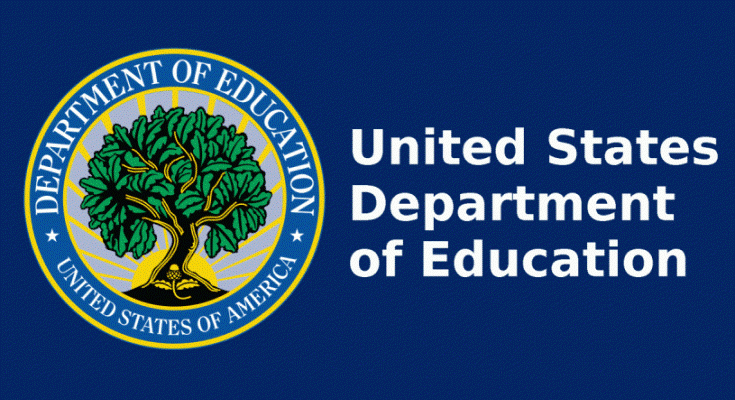
News
August 26, 2025
Education Department Proposes Rule to Bar PSLF Benefits for Employees of Organizations Engaged in Illegal Activities
WASHINGTON, D.C. — The U.S. Department of Education has issued a Notice of Proposed Rulemaking (NPRM) aimed at tightening eligibility requirements for the Public Service Loan Forgiveness (PSLF) program. The ...
WASHINGTON, D.C. — The U.S. Department of Education is proposing a significant change to the Public Service Loan Forgiveness (PSLF) program, potentially barring employees of organizations engaged in illegal activities from receiving loan forgiveness benefits. This move, outlined in a recently issued Notice of Proposed Rulemaking (NPRM), seeks to ensure that taxpayer dollars supporting PSLF are not inadvertently benefiting entities involved in unlawful conduct.
The PSLF program is designed to encourage individuals to pursue careers in public service by forgiving the remaining balance on their federal student loans after they have made 120 qualifying monthly payments while working full-time for a qualifying employer. These employers typically include government organizations, non-profit organizations, and other entities providing essential public services.
However, the Department of Education is now focusing on refining the definition of a "qualifying employer." The proposed rule specifically targets organizations found to be engaging in illegal activities, arguing that allowing employees of such organizations to receive PSLF benefits would be inconsistent with the program's intent to support legitimate public service.
While the NPRM doesn't explicitly detail what constitutes "illegal activities," it suggests that the Department will likely consider court rulings, administrative agency findings, and other official determinations when making eligibility decisions. This could potentially impact employees working for organizations involved in a wide range of illegal actions, from fraud and embezzlement to environmental violations and labor law breaches.
The proposed rule is not yet final. The Department of Education has opened a period for public comment, allowing stakeholders – including borrowers, employers, and advocacy groups – to voice their opinions and provide feedback on the proposed changes. This feedback will be considered before the Department finalizes the rule and implements it.
The potential impact of this rule change could be substantial. While the exact number of affected borrowers is currently unknown, the proposal raises concerns about the fairness and scope of the restrictions. Some worry that employees may be unfairly penalized for the actions of their employers, even if they were unaware of or not involved in the illegal activities. Others argue that the rule is a necessary step to protect the integrity of the PSLF program and ensure that it benefits those truly dedicated to serving the public good. The public comment period will be crucial in shaping the final outcome and determining the long-term impact on the PSLF program and its beneficiaries.
The PSLF program is designed to encourage individuals to pursue careers in public service by forgiving the remaining balance on their federal student loans after they have made 120 qualifying monthly payments while working full-time for a qualifying employer. These employers typically include government organizations, non-profit organizations, and other entities providing essential public services.
However, the Department of Education is now focusing on refining the definition of a "qualifying employer." The proposed rule specifically targets organizations found to be engaging in illegal activities, arguing that allowing employees of such organizations to receive PSLF benefits would be inconsistent with the program's intent to support legitimate public service.
While the NPRM doesn't explicitly detail what constitutes "illegal activities," it suggests that the Department will likely consider court rulings, administrative agency findings, and other official determinations when making eligibility decisions. This could potentially impact employees working for organizations involved in a wide range of illegal actions, from fraud and embezzlement to environmental violations and labor law breaches.
The proposed rule is not yet final. The Department of Education has opened a period for public comment, allowing stakeholders – including borrowers, employers, and advocacy groups – to voice their opinions and provide feedback on the proposed changes. This feedback will be considered before the Department finalizes the rule and implements it.
The potential impact of this rule change could be substantial. While the exact number of affected borrowers is currently unknown, the proposal raises concerns about the fairness and scope of the restrictions. Some worry that employees may be unfairly penalized for the actions of their employers, even if they were unaware of or not involved in the illegal activities. Others argue that the rule is a necessary step to protect the integrity of the PSLF program and ensure that it benefits those truly dedicated to serving the public good. The public comment period will be crucial in shaping the final outcome and determining the long-term impact on the PSLF program and its beneficiaries.
Category:
World